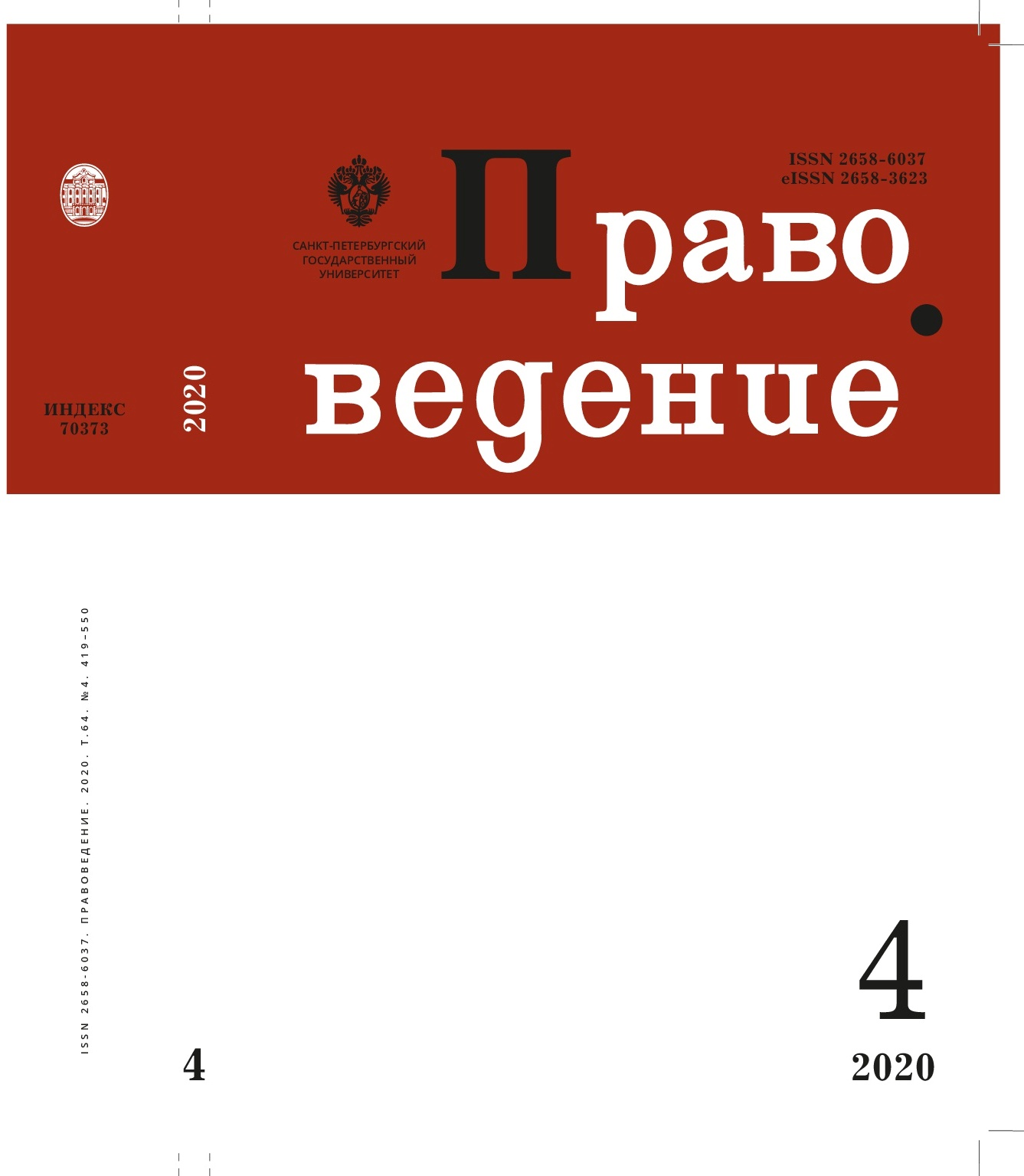The gig economy and the European platform-to-business Regulation
DOI:
https://doi.org/10.21638/spbu25.2020.404Abstract
The article provides several reflections on the extent to which crowdworkers are covered by the new EU Regulation 2019/1150 of 20 June 2019 on promoting fairness and transparency for business users of online intermediation services, commonly referred to as the “P2B Regulation” (“P2B” standing for “platform-to-business”). To this end, the scope of the P2B Regulation and its main provisions are briefly presented. The Regulation defines a platform as an “online intermediation service”. The suppliers of goods or services who present their offers on the platform are called “business users”. The customers to whom these business users offer goods or services must be consumers. Of the three legal relationships that arise in the triangle between these three groups, the P2B Regulation exclusively regulates the legal relationship between the provider of online intermediation services, i. e. the platform operator, and the business user. The P2B Regulation unilaterally intervenes in this legal relationship in favour of the business user and to the detriment of the provider of online intermediation services, in the sense that, by mandatory law, obligations are imposed on the provider and rights are granted to the business user. The key question is then whether crowdworkers are business users in the sense of self-employed businesses in the meaning of the Regulation and, if so, what rights they may have under it. This question receives the quite surprising answer that, even if a crowdworker is to be regarded as an employee covered by the applicable national labour law, this crowdworker can be regarded as a business user for the purposes of the P2B Regulation. If, however, the provisions of the P2B Regulation and the applicable national labour law come into conflict, then the most favourable provisions should apply in favour of the crowdworker.
Keywords:
European Union law, labour law, crowdworker, online intermediation service, platform, fairness, transparency
Downloads
References
Downloads
Published
How to Cite
Issue
Section
License
Articles of "Pravovedenie" are open access distributed under the terms of the License Agreement with Saint Petersburg State University, which permits to the authors unrestricted distribution and self-archiving free of charge.




